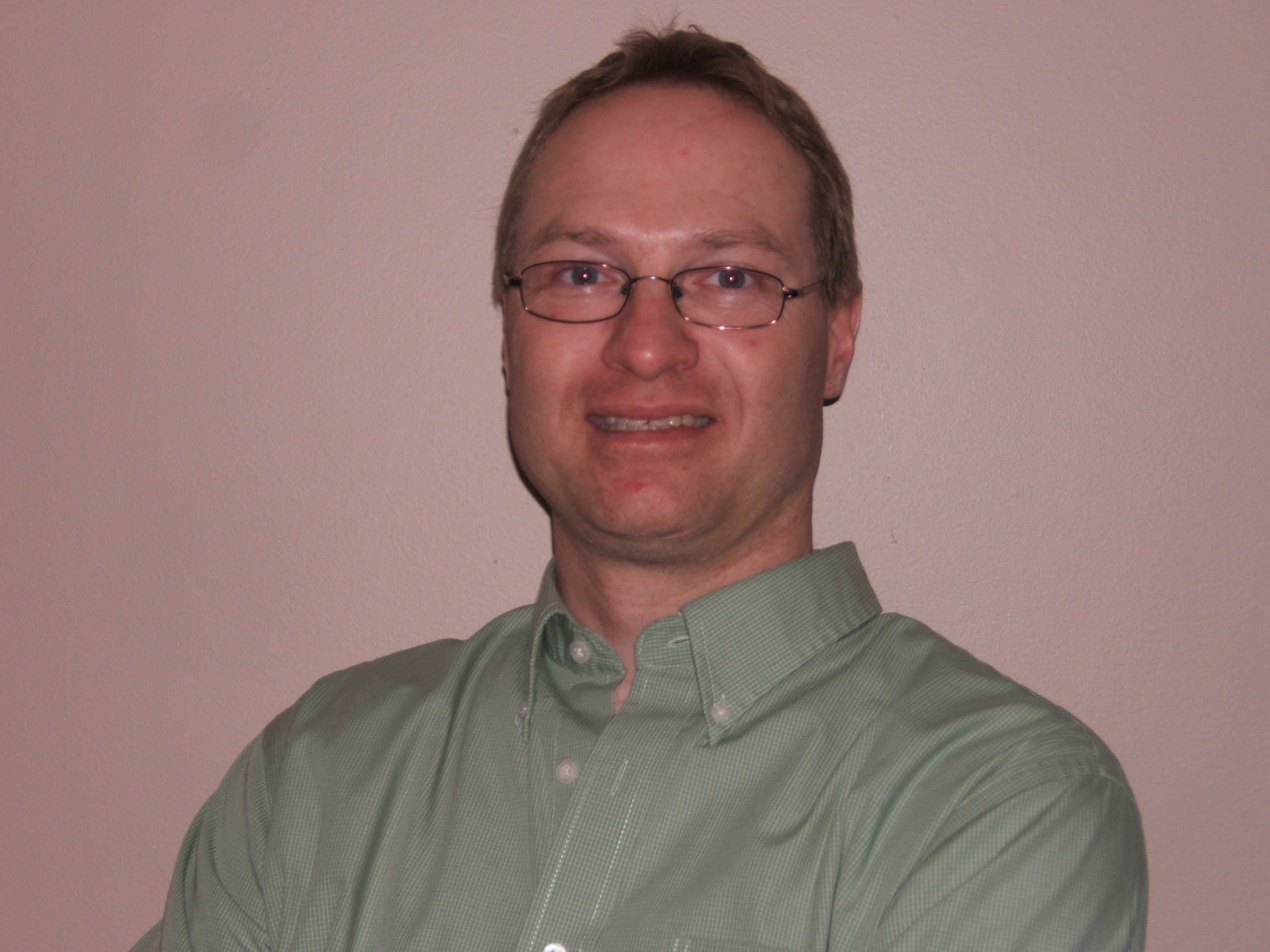When it comes to finances, Bill Gates and Jesus have much in common.
Not in the accumulation of wealth, of course; Bill, with his planes and mansions, is the hands-down winner in that category — at least on Earth. By comparison, Jesus lived in apparent poverty. Starting life in a stable prepared him for an equally difficult adulthood, where he frequently had “no place to lay his head.” Even after crucifixion his body was laid in a borrowed tomb — though he did believe in recycling and donated it back to the original owner just three days later.
Despite divergent wealth portfolios, Gates’s paradigm of giving is a remarkable reflection of Jesus. He recently stated, “The really worthy people give up something, or take less of a vacation. I haven’t made any sacrifice, so their philanthropy is more impressive.” (SP, Oct. 30, 2010)
This gospel of Gates is likewise trumpeted in the Gospel of Luke as “… Jesus saw the rich putting their gifts into the temple treasury. He also saw a poor widow put in two very small copper coins. ‘I tell you the truth,’ he said. ‘This poor widow has put in more than all the others. All these people gave their gifts out of their wealth; but she out of her poverty put in all she had to live on.’”
Bill and Jesus both highlight that genuine generosity is not measured in gift size, but in the amount left over. By Gates’ own admission, his $33-billion charitable foundation is eclipsed by the two small coins that dropped from the weathered hands of the widow lady. She gave all.
Most Canadians need not worry about the management of millions. Our core challenge is complicated by the desire to live generously while struggling to pay bills and put food on the table. Non-gazillionaires the world over can learn much from the unnamed heroine simply described as “the poor widow”.
She gave of what she possessed. A common mindset surrounding generosity is, “I’ll give when I win the lottery.” Interpretation: “It’ll happen right about the time Justin Bieber shaves his head; unlikely.” But our superstar philanthropist entertained no such notions, choosing instead to invest her two remaining coins in the interests of others.
Participation was not limited by embarrassment over the minor amount or fear of the future. She knew that blessings come wrapped in multiple-sized packages whose value is determined by sacrifice alone — and hers was priceless.
I’m grateful that her philosophy lived on after her funeral. In fact it reaches into my world and impacts me frequently. A neighbour passes on bags of carrots; they represent her two small coins. A cash-strapped farmer recently pressed a couple of $20s into my hand and whispered, “Take your wife out for supper.” Such individuals are the white knights of philanthropy to which Gates referred. They invite us, via example, to shake off the shackles of selfishness and step into the freedom-land of generosity.
It’s not complicated. Buy two cups of coffee at Tim’s; one for you and one for the next customer. Purchase groceries for the single mother down the street. Double up on donations to a favourite charity.
A fresh definition of financial success will begin to resound within — that true financial freedom has nothing to do with the accumulation of wealth and everything to do with the dispensing of generosity.
It’s a pathway that the wise alone walk. The rest sit round counting pennies, living with much but investing in little that will endure beyond their final breath — pity.



